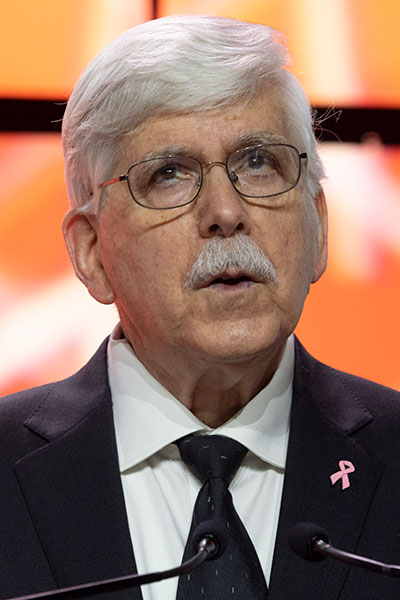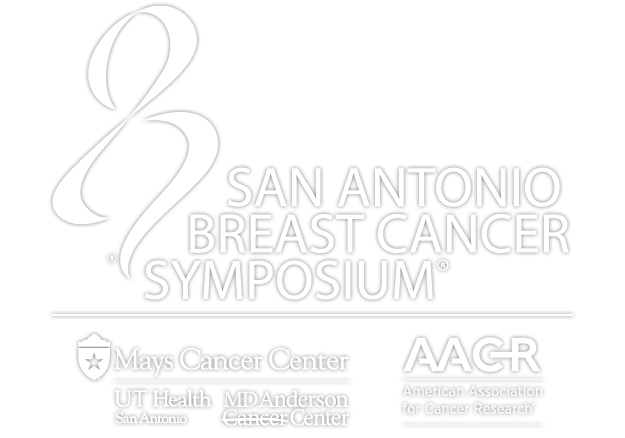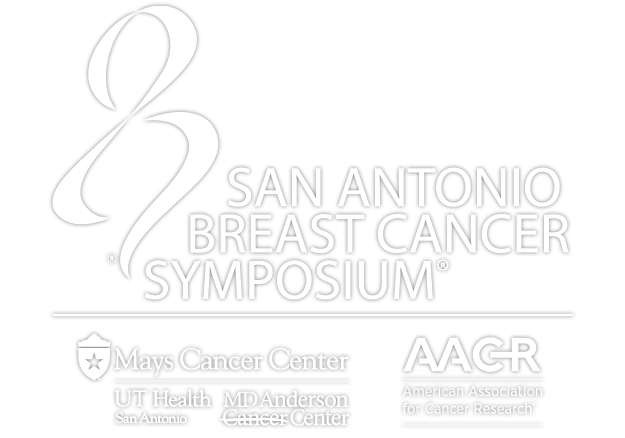
A pioneer of mouse modeling and mouse mammary tumorigenesis, Jeffrey Rosen, PhD, received the William L. McGuire Memorial Lecture Award at SABCS 2022. He presented his lecture, Leveraging Preclinical Models for Translational Breast Cancer Research, on Wednesday, December 7.
“This award is especially meaningful because Bill McGuire was a good friend whom I first met when I was a fellow at Vanderbilt almost 50 years ago. He was always very supportive and encouraging in my career,” said Dr. Rosen, Distinguished Service Professor at the Baylor College of Medicine and Breast Cancer Program Translational Research Leader at the Dan L. Duncan Comprehensive Cancer Center.
Dr. Rosen began using mouse models several decades ago to better understand normal mammary gland development. From there, his lab developed genetically engineered mouse models for both prostate and breast cancer.
He is one of the inaugural members of the NCI Mouse Models of Human Cancer Consortium and collaborated with Daniel Medina, PhD, Baylor College of Medicine, and later with Charles Perou, PhD, University of North Carolina-Chapel Hill, on the characterization of spontaneous tumors derived from transplantation of Tp53 null mammary epithelial cells isolated from Balb/c mice into the cleared fat pad of wildtype hosts.
Dr. Rosen discussed several studies with collaborators in which they used preclinical models for breast cancer research, and he outlined some important considerations for using these models.
“We think we should use genetically engineered mouse (GEM) models to test combination therapies and, ultimately, scheduling of therapeutics in syngeneic models with intact immune systems,” he said.
Testing drugs with standard-of-care therapies for appropriate durations, and testing treatment regimens on both established metastasis and primary tumors with sufficient tumor burden are especially important, he said.
The studies in which he participated were quite exciting, and he noted several key points.
Targeting tumor-associated macrophages (TAMs) enhances the efficacy of cyclophosphamide (CTX) and promotes long-term durable response in both primary tumors and lung metastases, and combination treatment leads to the expansion of B and T cells. Tertiary lymphoid structures (TLSs) are an exciting identification, he said, and have a favorable prognosis in the clinic, and treatment leads to B cell mediated and T cell memory activation and durable triple-negative breast cancer regression.
Dr. Rosen provided additional illustrations, some based on published data, and some not yet published, that showed how GEM models were used to study a variety of novel drugs in combination with chemotherapy and immunotherapy including zotatifin and spliceosome-targeted therapies.
He closed by thanking his lab team, his collaborators, who keep him excited for the future, and patient advocates, who are an important part of their work.
Support from the National Cancer Institute allowed him to move from his original foundational studies into breast cancer research.
“For many years, my program officer at NCI would ask me, ‘What are you doing that really has anything to do with breast cancer?’,” Dr. Rosen said. “So hopefully, if she’s listening, she’ll realize that we actually did do something with translational breast cancer research.”
The McGuire Award was established in 1992 to commemorate the significant contributions to breast oncology by Dr. McGuire who, along with Charles A. Coltman, MD, founded SABCS in 1977.
On-Demand Session Availability
Daily sessions will be available for on-demand viewing 3-5 days following the 2022 Symposium (author permitting). They will be available exclusively to registered SABCS attendees until March 2023. Following March 2023, they will be available on SABCS.org under the “Resources” tab.



